Jump to Section
- It’s in Their Nature
- They’re Bonded to You
- You Might Be Reinforcing the Behaviour
- They’re Curious or Bored
- Could It Be Separation Anxiety?
- Should You Worry?
- How to Encourage Independence
- FAQs
It’s in Their Nature

Dogs are pack animals. In the wild, they rely on sticking together for survival, and that instinct doesn’t disappear just because they’ve joined your household. Following you from room to room may simply be part of their natural behaviour—it’s how they stay close to their “pack leader.”
They’re Bonded to You
If your dog is particularly attached, it might be a sign of a healthy, secure bond. This is especially true for rescue dogs or pups that have experienced instability. You're their source of comfort, safety, and affection—so they stay close, even if you're just brushing your teeth.
You Might Be Reinforcing the Behaviour

Think about it: do you tend to pet your dog, talk to them, or offer treats when they follow you around? If so, you could be reinforcing the behaviour without realising it. To your dog, following you = attention = reward.
They’re Curious or Bored
Sometimes it’s not emotional—it’s just practical. Dogs are highly observant creatures. If you’re doing something interesting (to them), they want in. This could be anything from cooking to packing a bag. Bored dogs will also follow you simply because there’s nothing else going on.
Could It Be Separation Anxiety?

In more extreme cases, constant following could be a sign of separation anxiety. Dogs with this condition often show signs of distress when you leave—even if it’s just for a few seconds. If your dog whines, paces, or panics when you walk away, it might be worth speaking to your vet or a behaviourist.
Should You Worry?
Most of the time, there’s no reason for concern. But if the following behaviour becomes obsessive or interferes with your dog’s ability to relax independently, it might be helpful to guide them toward more balanced habits.
How to Encourage Independence
- Offer calming chews or enrichment toys when you leave the room
- Use positive reinforcement to reward calm, solo behaviour
- Establish a cosy spot in each room so your dog can rest nearby without being underfoot
- Try gentle separation training if your dog seems overly anxious
At Canine Culture, we believe a confident, well-balanced dog is a happy dog. Whether your pup is your shadow or more of a free spirit, nurturing a secure attachment and offering mental stimulation is key.
Closing Thoughts
Whether it’s love, boredom, instinct, or habit, dogs that follow their humans are usually doing it for positive reasons. As long as your pup is healthy, confident, and relaxed, you can take it as the compliment it is: they just love being near you.
FAQs
Why does my dog follow me to the bathroom?
It might feel invasive, but it’s normal. Dogs see no need for privacy—they just want to stay near you. They may also be curious about where you're going and why you're closing a door.
Is it a sign that my dog has anxiety?
Not always. While it can be a sign of separation anxiety, it’s more often just affectionate or curious behaviour. Watch for signs of stress or distress when you leave for clues.
Do certain breeds follow more than others?
Yes. Velcro-dog breeds like Labrador Retrievers, Border Collies, Vizslas, and Frenchies are more likely to follow their humans around. They’ve been bred to stay close and work alongside people.
Should I train my dog to stop following me?
Not necessarily. If it’s not causing issues, it can be a sign of a great bond. But if it becomes clingy or obsessive, gentle independence training can help balance things out.


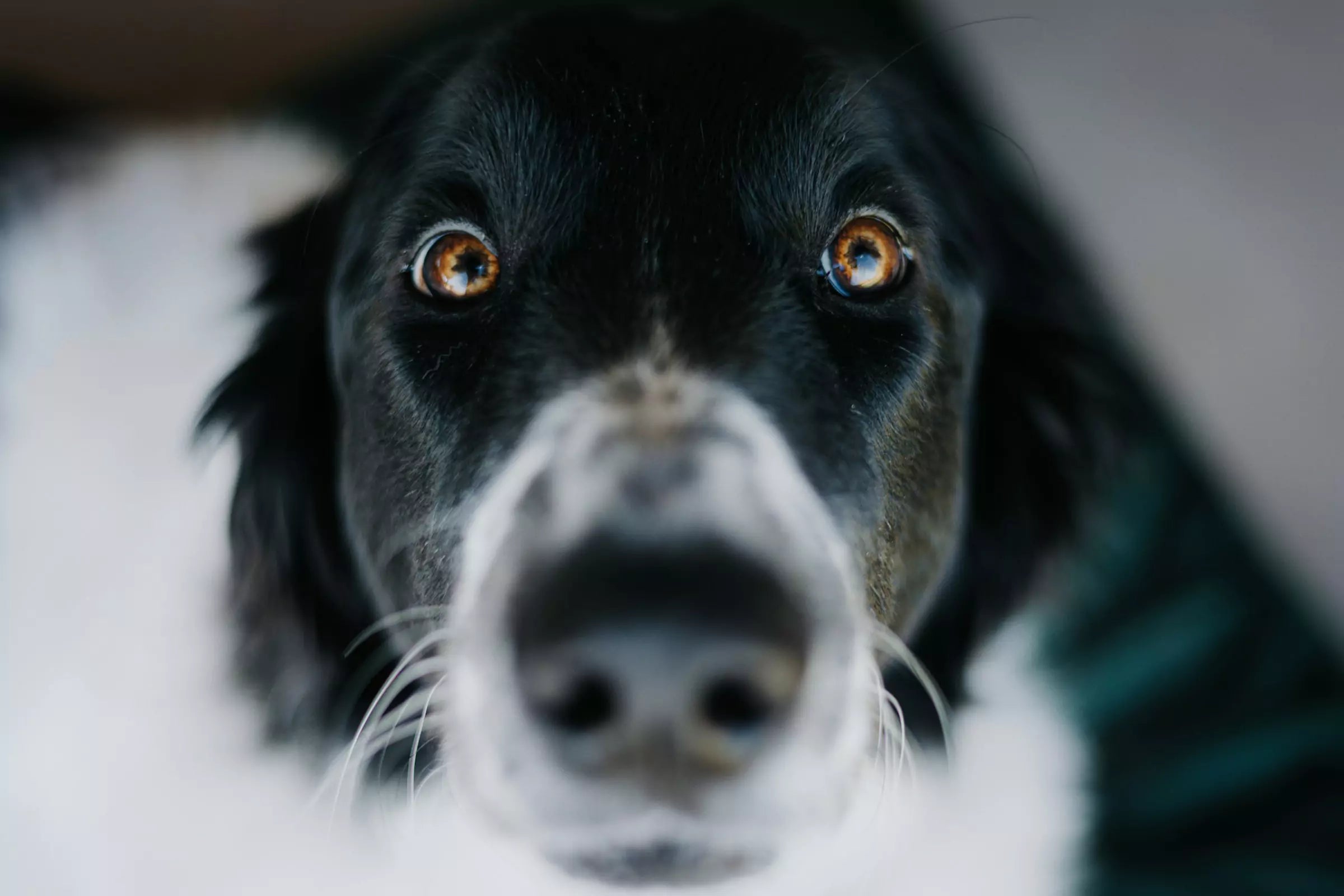
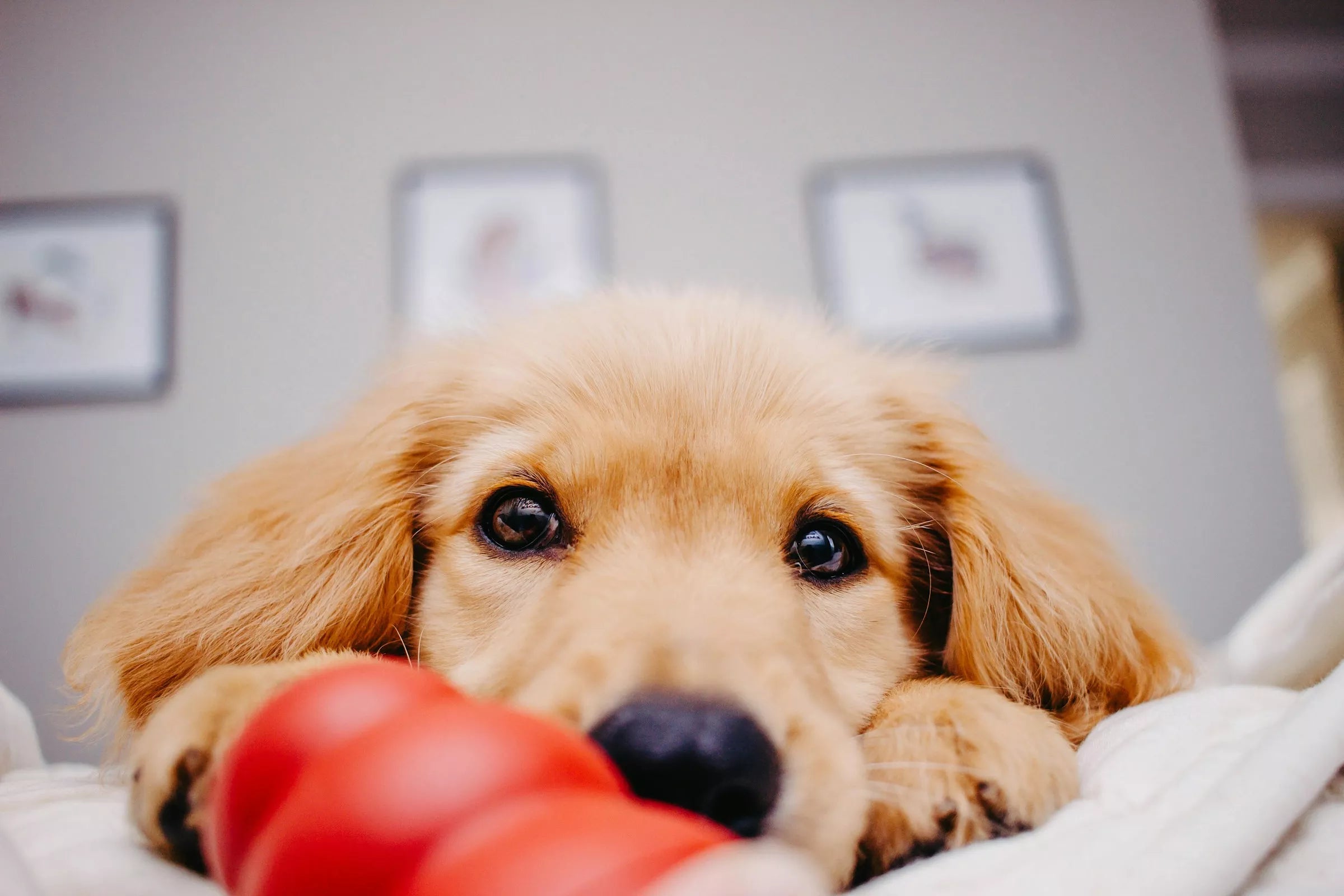
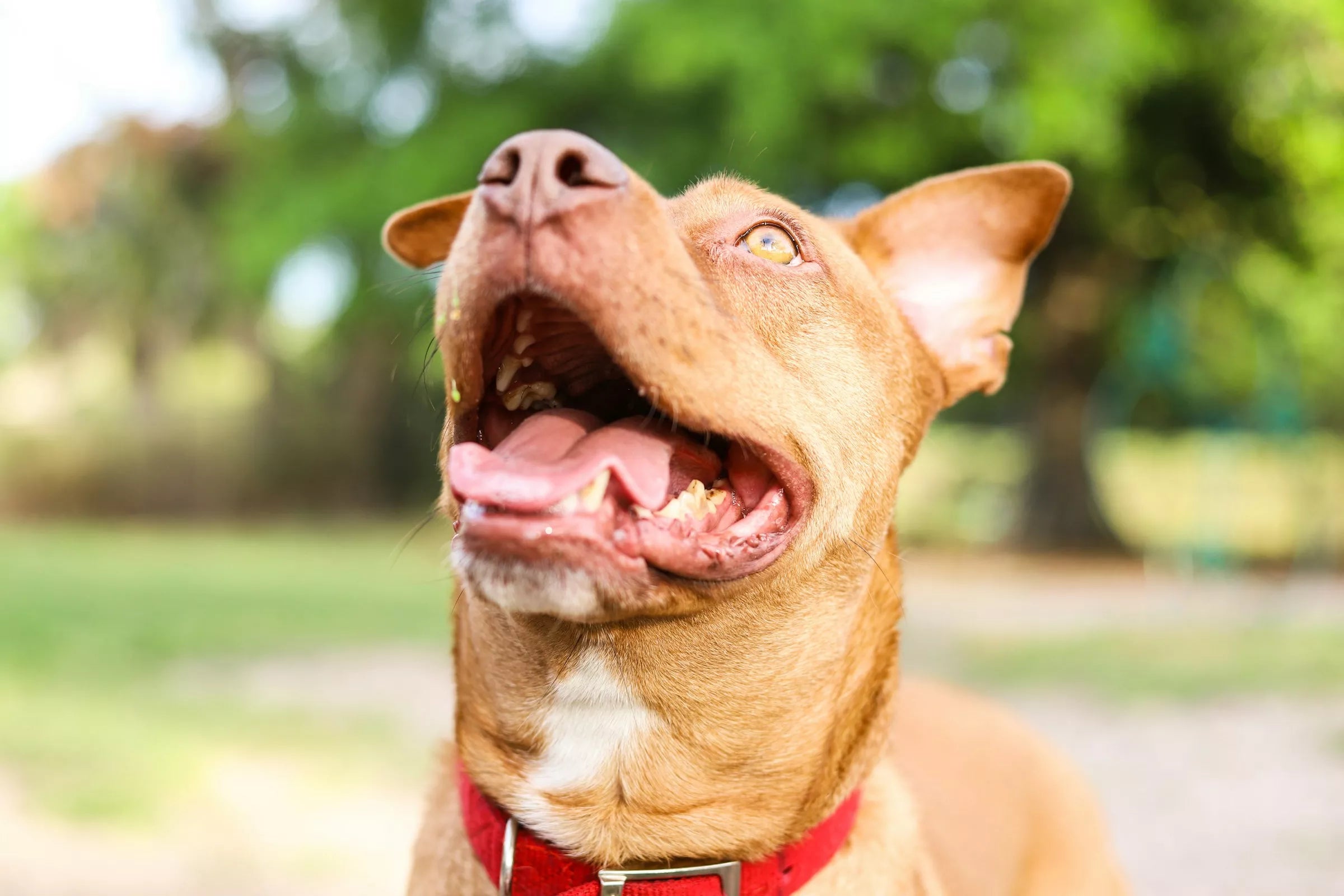

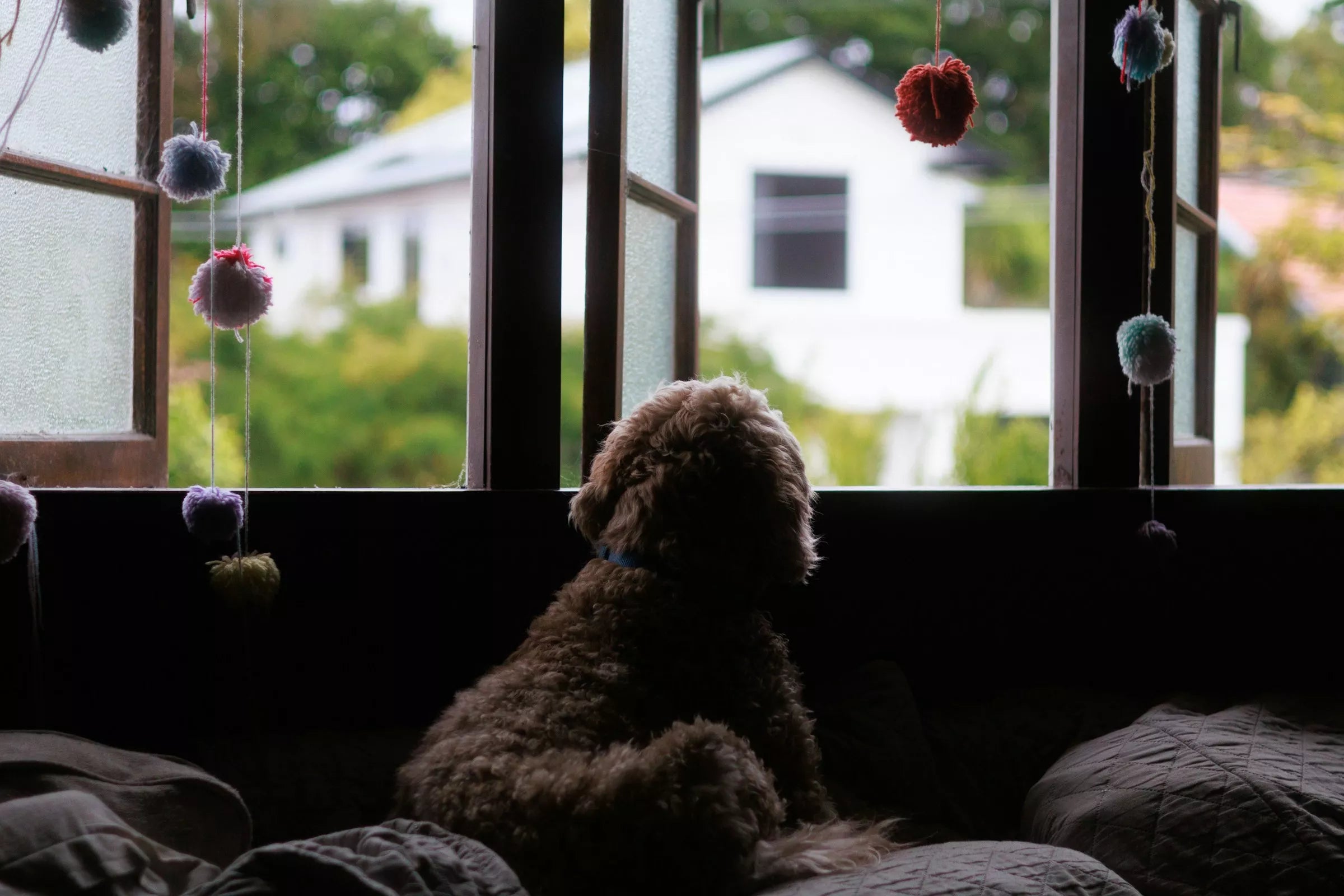
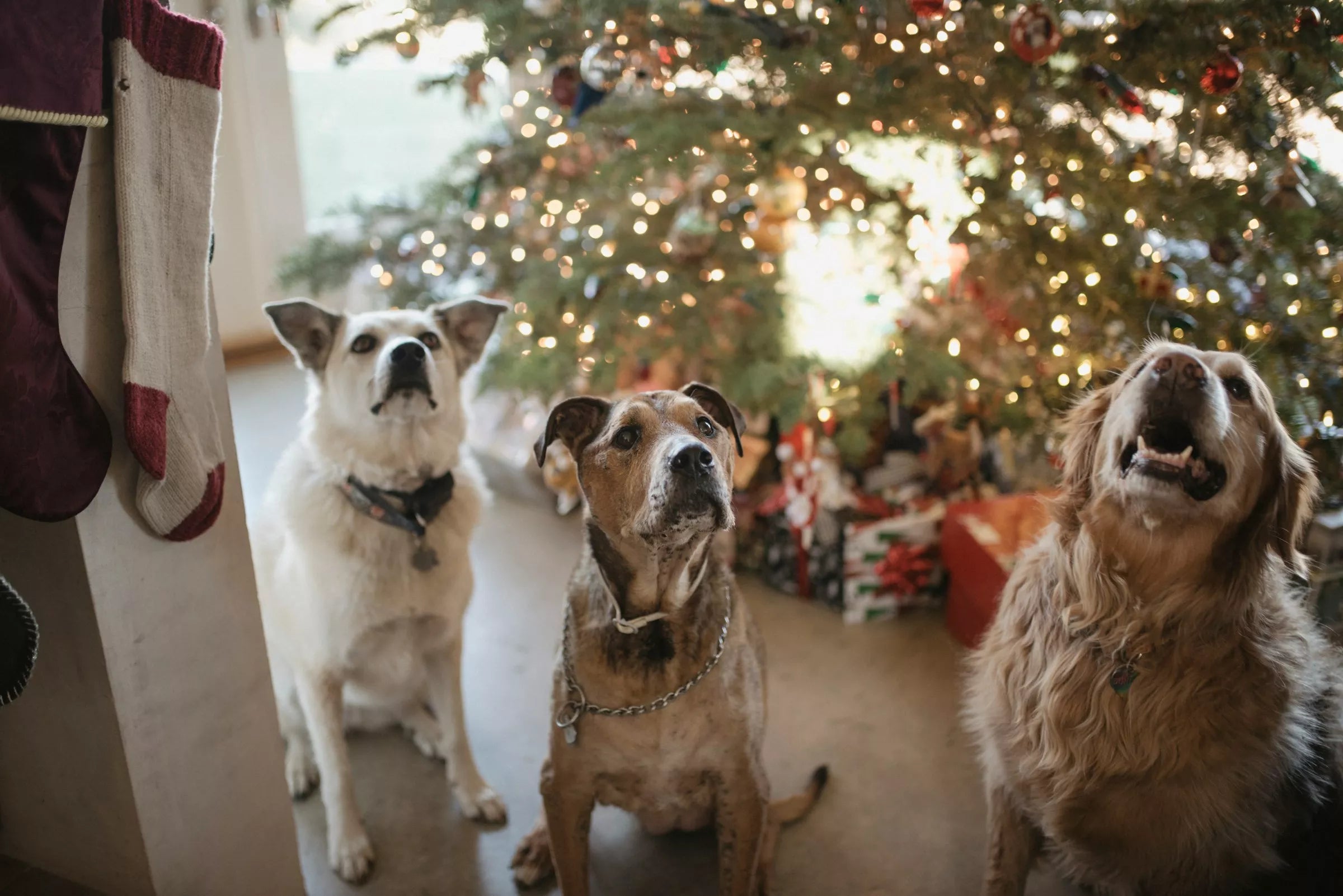
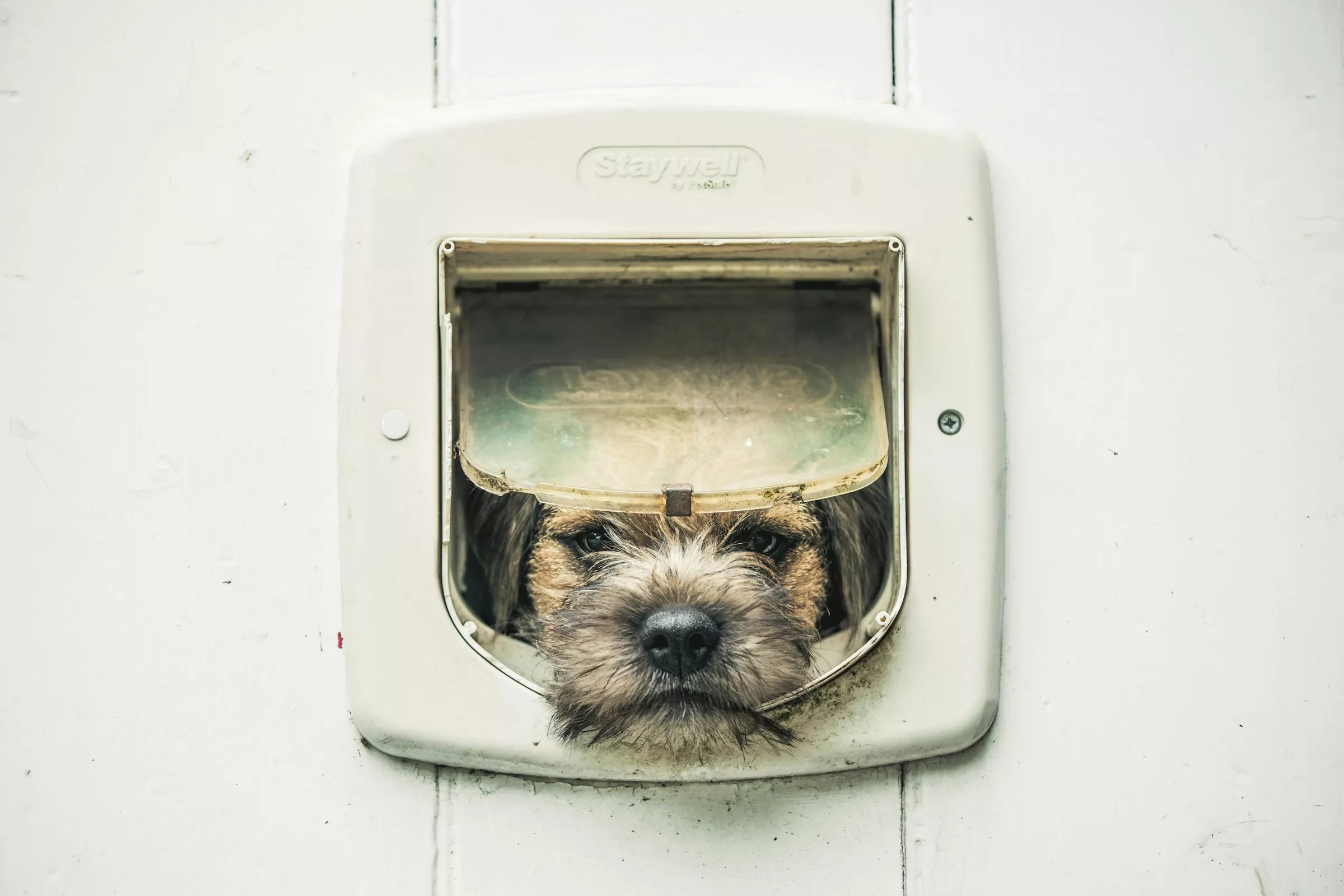






Share:
7 Fun Things to Do with Your Dog
Would Your Dog Survive in the Wild?